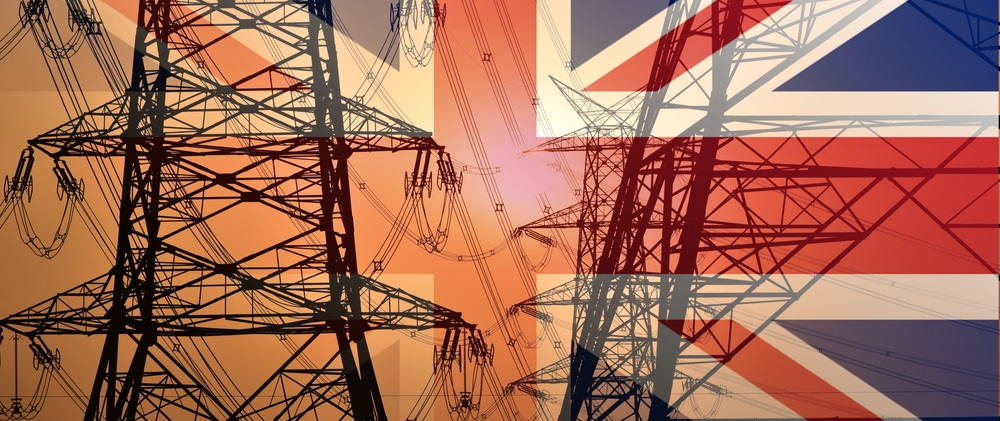
Practical information
The United Kingdom faces numerous long term energy challenges, in a context of declining gas reserves, aging thermal power plants and increasing intermittent sources of power. To sustain its energy transition, the UK implemented a carbon price-floor, yet the development of renewable energy still lags behind plans.Whilst uncertainty remained high regarding security of supply and investments before new nuclear capacity come online, the historic referendum of 23rd June adds another level of complexity to the situation. Several months after the British people chose to step aside from the EU, virtually all questions regarding the exact consequences of this decision remain unanswered.

The UK has been one of the key actors in the liberalization of energy markets in the EU, and it remains unclear whether Brexit will change the general direction of European energy policies. Despite significant uncertainties, the experience of other EU non-Member countries allow broad predictions on possible outcomes and strategies in the near future.
Chair: Marie-Claire Aoun, Director of the Ifri Center for Energy
Speakers
- The United Kingdom’s energy policy: historical overview
Bruno Lescoeur, EDF, Advisor to the President and Chief Executive Officer
- After Brexit: Overcoming the shockwave
Vivien Pertusot, Head of Ifri Brussels
- Brexit impact on the UK energy policy and transition towards low carbon economy
Antony Froggatt, Chatham House, Senior Research Fellow
- What next for the EU energy and climate policy after Brexit?
Sir Philip Lowe, FTI Consulting Senior advisor, former Director-General for Energy at the European Commission
- Q&A
The debate will be held in English under Chatham House rules
Related Subjects
Other events

EV Supply Chains for Japan and Europe: Strengthening Economic Security
Economic security aims to ensure the resilience of supply chains for key industries: the case of electric vehicle production in Japan and Europe will be discussed.

From Ambition to Action: Exploring Technological Partnerships with India
The 16th EU-India Summit, held on January 27th in New Delhi with European leaders António Costa, Ursula von der Leyen, and Prime Minister Narendra Modi, marks a significant milestone in deepening EU-India relations. At the same time, official bilateral visits from EU member states are on the rise, including that of the French President, who visited India in February to participate in the Artificial Intelligence Summit. As India asserts its technological ambitions and seeks to reduce its dependence on China, Europe is stepping up its efforts to diversify its strategic partnerships.






